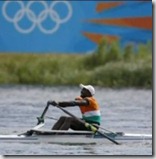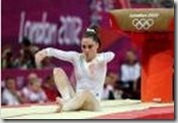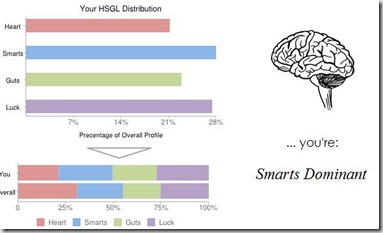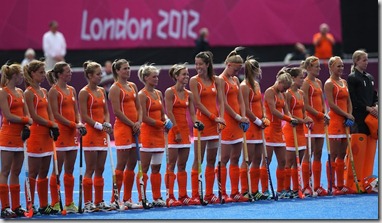Difficulty breathing
 This has not felt like a very healthy summer. It started with a cold back in June, probably unnoticed amidst the cold wet weather and the airline travel that inevitably exacerbates it. I took a Coricedin and waited for the symptom to subside.
This has not felt like a very healthy summer. It started with a cold back in June, probably unnoticed amidst the cold wet weather and the airline travel that inevitably exacerbates it. I took a Coricedin and waited for the symptom to subside.
They didn’t.
I started wheezing at night, short of breath and coughing. My throat was raw, I had difficulty completing sentences in meetings and phone calls. “It’s a bad year for hay fever,” noted colleagues and agencies. I did have hay fever as a child, so I went to Boots for antihistamine and throat spray. It barely dented it.
“Whooping cough has become a real problem this summer,” advised my mother. A quick scan of media confirmed that this has been a bad summer, so maybe I should take this more seriously (although I seriously doubted I had pertussis). My Dutch doctor listened and tapped, affirmed that I was suffering from hay fever, and gave me three doses of antibiotic. No effect
 “Benadryl” suggested the pharmacist at Boots. Coupled with throat lozenges, I was able to sleep through most of the night and hold conversations. Still, it lingers.
“Benadryl” suggested the pharmacist at Boots. Coupled with throat lozenges, I was able to sleep through most of the night and hold conversations. Still, it lingers.
Back in the US for meetings, I called a local provider to see if we could get to the bottom of things. I ran straight into healthcare cost containment. “Can a nurse call you to discuss it?" No. “Can you see a nurse practitioner instead?” No. They reluctantly made an appointment. Again, the doctor tapped and listened.
“99% chance this is asthma, we’ll throw a few things at it and see what works. If nothing in a few weeks, we’ll check that its not your heart.”
Excuse me?
 That suggestion seemed predicated on my being short of breath when I exercise, which I ascribe to a constricted trachea. But, fresh with indignation, I went down to the exercise bike to run my heart rate up to 130 for an hour. No pain, no dizziness, no problem.
That suggestion seemed predicated on my being short of breath when I exercise, which I ascribe to a constricted trachea. But, fresh with indignation, I went down to the exercise bike to run my heart rate up to 130 for an hour. No pain, no dizziness, no problem.
This points up the problems of dealing with diffuse, low-grade symptoms when life is constantly in motion. The only strategy is to move through presumptive diagnoses, try associated therapies, move on if they don’t work. At this point, I feel like time is the only solution – this may be the only summer where I’ll cheer the arrival of autumn.
Labels: Health and Fitness, Health Care









